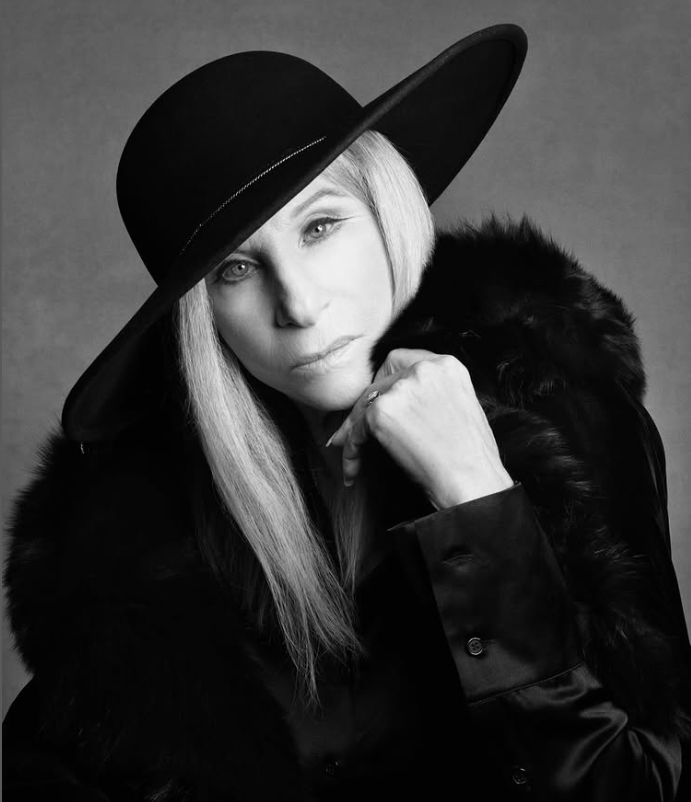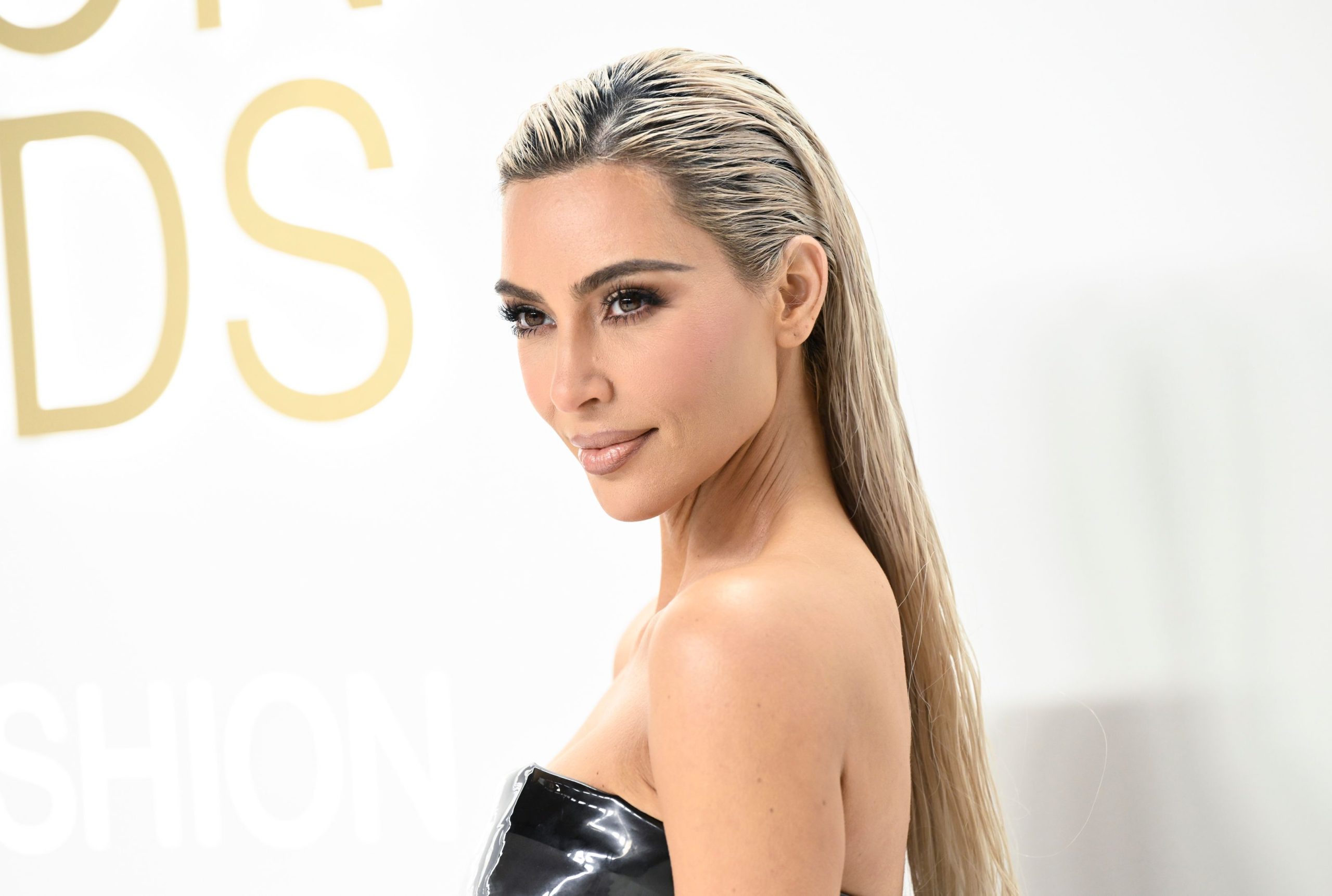CULTURE
Why David Attenborough Should Stop Saying Climate Change Is a Crime Against the Planet
09 Jun, 21

Sir David Attenborough
By: ANDY RAIN/EPA-EFE/Shutterstock
Recently David Attenborough — the soothing British narrator of every nature documentary ever who is also a devoted advocate for the nature he loves to speak so soothingly about — delivered an impassioned interview on 60 Minutes in which he described climate change as “a crime humanity has committed against the planet.”
Attenborough is one of the world’s most influential environmental advocates. In the interview, which follows the release of the Netflix documentary A Life on Our Planet and his memoir, Life on Air, Attenborough expressed his acute fears that all of his efforts have been for naught.
“It isn’t that I enjoy saying: ‘Doom, doom, doom,'” he said in the interview. “On the contrary, I’d much rather [say]: ‘Enjoy, take thrill, excitement, pleasure, joy, joy, joy, joy.’ But if you’ve got any sense of responsibility, you can’t do that.”
Later on in the interview, he said, “I would say that the time has come to put aside national ambitions and look for an international ambition of survival,” he said. He later added: “What good does it do to say, ‘Oh, to hell with it, I don’t care.’ You can’t say that. Not if … you love your children. Not if you love the rest of human― how can you say that?”
Attenborough is completely right about all of these things. It is difficult to be optimistic when thinking about climate change and environmental devastation. And it is most certainly time to focus less on national ambitions and more on survival.
But saying that climate change is a crime against the planet unfortunately mitigates the actual truth about what climate change is: A crime against humanity. Continuing to associate climate change only with the devastation of our planet, and saying that it will harm our children in some distant future, ignores the fact that climate change is happening right now — and it’s harming people right now.
For a very long time, the prevailing narrative around environmentalism was one that saw humans as completely separate from the Earth. We were all potential saviors who needed to “do our part” for the planet by recycling, conserving, and using plastic straws. What were we fighting to save? The polar bears. The trees. Our grandchildren in some faraway future we will not be here to see or suffer through.
This perception did heavy damage to the environmental movement on the whole. It alienated many marginalized groups while creating the widespread perception that fighting climate change was for wealthy white hippies who could purchase expensive heating and cooling systems and who had enough resources and time to care for the planet. (When you aren’t sure if you’ll be able to eat dinner, it’s hard to care about some distant polar bear on a melting icecap).
Obviously there are many exceptions to this generalization — and there have always been environmental activists of color, and the oldest environmentalists in the books are certainly Indigenous people, who have remained the world’s most steadfast defenders and protectors of resources for thousands of years.
Still, the environmental movement’s focus on nature as a separate entity has also allowed for continued inaction on the part of governments around the globe. It has allowed people to turn a blind eye even as predictions continue to grow more and more apocalyptic. The scientific community’s focus on graphs and charts, futuristic projections, and impending animal extinctions failed to engage humans in a struggle that is not only necessary to “save the bees” — it is a struggle that is necessary to keep us alive, right now.
The truth is that climate change is happening. It is hitting poor and BIPOC communities the hardest, which is also part of why so little action has been taken. (Can you imagine what would happen if white wealthy suburbs were faced with the same kind of water crisis that plagued Flint for so many years?)
In short, climate change harms people as well as animals and nature, and we must acknowledge this fact in order to move forward with the urgency the crisis requires. When we talk about climate change and the environment, we must all be careful to adjust our language to meet the crisis as it actually is — one that affects each and every one of us, and one that is not singular but that is bound up in other social issues and other struggles for justice.
Climate change is a racist crisis that is also connected to struggles against capitalism and struggles for Indigenous liberation across the globe, among many other fights. To see fighting climate change as something only about polar bears and ice caps ignores the potential to create a unified movement that could address all these crises concurrently.
There are so many different kinds of futures to imagine. A transition to renewable energy could mean millions of good jobs and a radical redistribution of wealth, an idea already written into many of Joe Biden’s proposals. A transition to safe and sustainable public housing and clean energy-powered transit could help ameliorate disparities that lock people in cycles of poverty.
But as of now, we seem to be speeding towards a future where only the wealthy few manage to survive at all. There is a Cree prophecy that says, “When all the trees have been cut down, when all the animals have been hunted, when all the waters are polluted, when all the air is unsafe to breathe, only then will you discover you cannot eat money.”
By the time all the trees go down and the air has become a sulphurous mass, only the people with enough money to survive will be left. (They will, ironically, be the people who contributed most to the crisis in the first place). And then they will discover all their profits were built on the backs of the suffering of those who lacked the resources they had. And then — unless they shoot off into space like Jeff Bezos is poised to — at last they will face the fire.
Until then, regular people have to deal with this crisis. We will continue to be slammed with hurricanes and wildfires and droughts, which are already tearing apart our cities and coastlines with expediting frequency. We will see more refugee crises, more border issues, more resource wars and more inequality and pain.
Our pain is not separate from the planet’s pain. David Attenborough’s message is one of paramount importance, but it could be improved upon if he more frequently reminded some of his millions of followers that the many people failing to act in response to the climate crisis are actually committing a terrible crime against humanity, not just the planet. Failing to act against the climate crisis is an act of genocide against human beings, and we must stop trying to frame it as anything else while we still have time.












